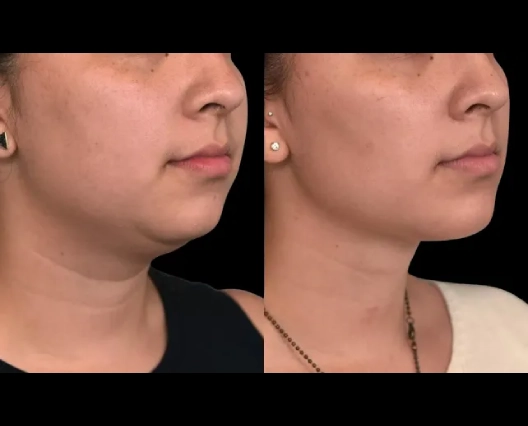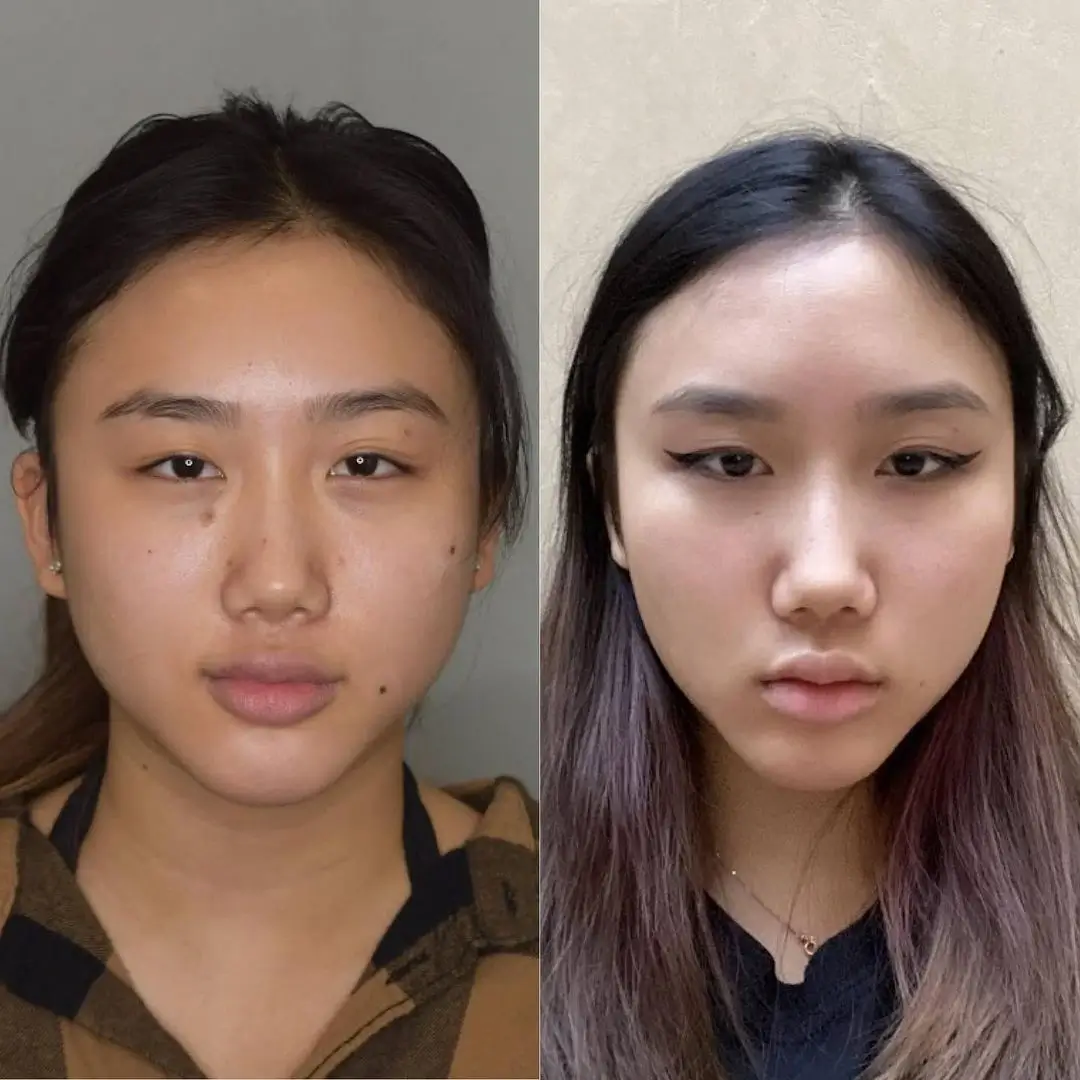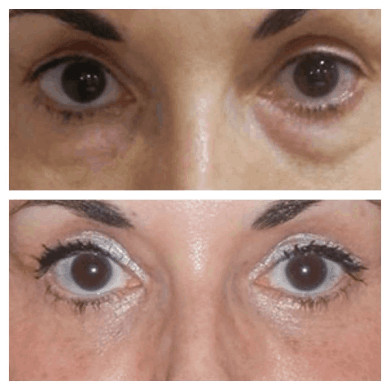Sleep Specialist MD vs. General Practitioner: Who Should You Trust With Your Sleep Issues?
Sleep is essential for overall well-being, yet millions of people struggle with falling asleep, staying asleep, or feeling refreshed after rest. When sleep problems become persistent, the question arises—who should you consult: a general practitioner or a sleep specialist MD?
This blog explores the differences between a sleep specialist MD and a general practitioner, highlighting their unique roles, training, and when it’s time to seek specialized care for your sleep concerns.
Understanding the Roles: General Practitioner vs. Sleep Specialist MD
A general practitioner (GP) is usually the first point of contact for any health-related concern, including sleep issues. They are trained to treat a wide range of conditions and may prescribe basic treatment or refer you to a specialist if needed.
On the other hand, a sleep specialist MD is a medical doctor with additional training in sleep medicine. Their expertise lies specifically in diagnosing and managing sleep disorders, making them the go-to professional for complex or chronic sleep-related issues.
Training and Certification
General Practitioner
- Medical degree (MBBS/MD)
- Internship and basic residency training
- Broad scope of practice in areas such as internal medicine, family practice, or pediatrics
Sleep Specialist MD
- Medical degree
- Residency in a relevant specialty (e.g., neurology, pulmonology, psychiatry, or internal medicine)
- Fellowship or certification in sleep medicine
- Board certification from a sleep medicine authority
While GPs receive general education on sleep-related topics, a sleep specialist MD goes through rigorous training focused solely on sleep disorders and their physiological and psychological components.
Types of Sleep Issues Handled
A general practitioner may help with:
- Occasional insomnia
- Snoring complaints
- General fatigue and tiredness
- Basic lifestyle advice for better sleep
A sleep specialist MD can diagnose and treat:
- Chronic insomnia
- Obstructive sleep apnea and central sleep apnea
- Narcolepsy
- Restless legs syndrome
- REM sleep behavior disorder
- Parasomnias (sleepwalking, night terrors)
- Circadian rhythm disorders
- Complex cases of daytime fatigue or abnormal sleep patterns
If your sleep problem goes beyond occasional sleeplessness or fatigue, a sleep specialist MD is more likely to provide a tailored diagnosis and treatment plan.
Diagnostic Tools and Resources
General Practitioner
- Initial physical examination
- Basic sleep questionnaires
- General lifestyle recommendations
- Possible prescription for sleep aids
Sleep Specialist MD
- Comprehensive sleep evaluations
- Detailed sleep questionnaires and sleep diaries
- In-lab or at-home polysomnography (sleep study)
- Actigraphy (movement monitoring)
- Blood tests for sleep-related hormone or vitamin deficiencies
- Cognitive Behavioral Therapy for Insomnia (CBT-I)
- Interpretation of complex sleep data
A sleep specialist MD has access to a wider range of diagnostic tools and is trained to interpret intricate patterns in sleep studies, which GPs are not typically equipped to handle.
Treatment Approaches
General Practitioner
- Prescribe over-the-counter or prescription sleep medications
- Offer advice on sleep hygiene and diet
- Recommend temporary solutions for stress-related sleep issues
Sleep Specialist MD
- Personalized treatment plans based on diagnosis
- Use of CPAP, BiPAP, or oral appliances for sleep apnea
- Light therapy and chronotherapy for circadian rhythm disorders
- Behavioral therapy and non-drug options for insomnia
- Long-term management and follow-up for chronic conditions
- Collaboration with other specialists like neurologists or psychologists
Treatment from a sleep specialist MD is more targeted, holistic, and designed to address the root cause of the problem, not just the symptoms.
When Should You Visit a Sleep Specialist MD?
While it’s normal to consult your GP first, certain signs indicate the need for a sleep specialist MD:
- You’ve tried lifestyle changes or medication but still have poor sleep
- You wake up gasping for air or snore loudly
- You feel excessively sleepy during the day, even after a full night’s rest
- You frequently experience restless legs or twitching while falling asleep
- You act out your dreams or talk in your sleep
- You have irregular sleep-wake cycles, especially if you work night shifts
- You rely on sleep medication for more than a few weeks
- You’ve been diagnosed with a chronic condition like depression, anxiety, or high blood pressure and suspect it may be sleep-related
Pros and Cons: GP vs. Sleep Specialist MD
General Practitioner
Pros:
- Easy access and faster appointments
- Broad knowledge base
- Can manage minor sleep issues effectively
Cons:
- Limited sleep-specific training
- May overlook signs of complex disorders
- Tends to treat symptoms rather than causes
Sleep Specialist MD
Pros:
- Highly trained in sleep medicine
- Access to advanced diagnostic tools
- Holistic and personalized treatment plans
- Better outcomes for chronic or severe sleep disorders
Cons:
- May require a referral
- Longer wait times for appointments
- Availability may be limited in some regions
While a GP may be ideal for initial evaluation, a sleep specialist MD is the best choice for thorough, long-term treatment.
What to Expect from a Sleep Specialist Appointment
Visiting a sleep specialist MD involves a deeper evaluation process. Here’s what usually happens:
- Sleep History Review: Detailed questions about your sleep habits, symptoms, and medical history
- Lifestyle Assessment: Analysis of your diet, stress levels, screen usage, and exercise habits
- Sleep Diary: You may be asked to maintain a log of your sleep and wake times for a few weeks
- Sleep Study: If necessary, the doctor will schedule a sleep test to monitor your body’s activity during rest
- Treatment Discussion: Once diagnosed, you’ll receive a customized plan with therapy, devices, or lifestyle changes
- Follow-ups: Regular check-ins to monitor progress and adjust treatment
How to Get Referred to a Sleep Specialist
Many people assume they can only see a sleep specialist MD after getting a referral from their GP, but in many clinics and hospitals, you can directly request an appointment. Insurance policies vary, so it’s best to check your coverage.
To make the most of your appointment:
- Track your symptoms before the visit
- Note any family history of sleep issues
- Bring a list of medications or supplements you use
- Prepare questions you’d like to ask
Can Both Work Together?
Absolutely. In fact, collaborative care often leads to better outcomes. Your general practitioner might handle your overall health, while the sleep specialist MD addresses specific sleep concerns. They can share information, monitor progress, and coordinate treatments to ensure your condition is managed effectively.
FAQs
Is it worth seeing a sleep specialist?
Yes. If sleep problems are affecting your health, productivity, or quality of life, a sleep specialist MD can identify the root cause and offer evidence-based treatment.
How do I prepare for a sleep specialist visit?
Keep a sleep diary for at least one week, list your symptoms, and bring all relevant medical records or test results. Be ready to discuss lifestyle factors like caffeine intake and screen time.
How long does treatment take?
It varies. Some patients see improvements in a few weeks, while others with chronic conditions may require ongoing care. The treatment timeline depends on the type and severity of the disorder.
Will I have to do a sleep study?
Not always. A sleep specialist MD will recommend a sleep study if your symptoms suggest a disorder like sleep apnea or narcolepsy. Otherwise, diagnosis may be based on history, exams, and symptom analysis.
Are sleep specialists only for serious conditions?
No. Even minor but persistent sleep issues can benefit from professional evaluation. Early treatment can prevent complications and restore healthy sleep patterns.
Conclusion
Your sleep is too important to leave unchecked. While a general practitioner can help with basic concerns, persistent or complex issues deserve the attention of a sleep specialist MD. Their specialized training, diagnostic tools, and targeted treatment approaches make them the best option when you’re ready to regain control of your sleep health. Don’t wait—take the first step toward better sleep by consulting a sleep expert today.













